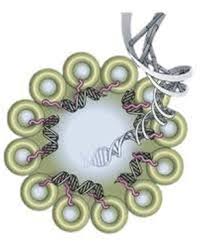
Mon, 2020/02/24
VDAC Oligomers Found to Promote Mitochondrial DNA Release and Autoimmune Responses

Sat, 2020/02/22
New Method to Predict Protein-Environment Interactions

Thu, 2020/01/02
New Study Reveals Mechanism by Which Lactose Promotes Graft-versus-host Disease
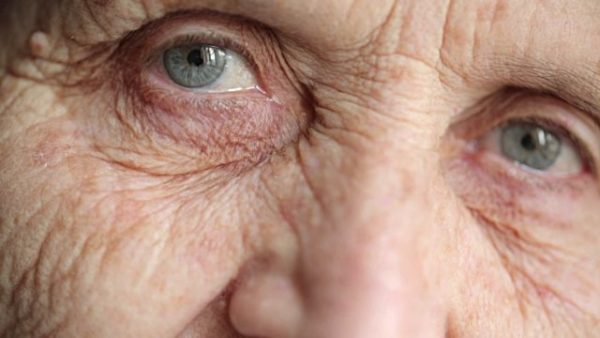
Thu, 2020/01/02
Key Proteins to Fight Aging Found
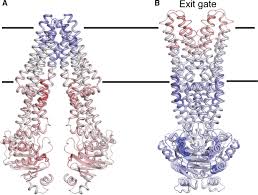
Tue, 2019/12/17
Mechanism of Human Immune Dysregulation Induced by Roquin-1 Protein Mutation Unveiled
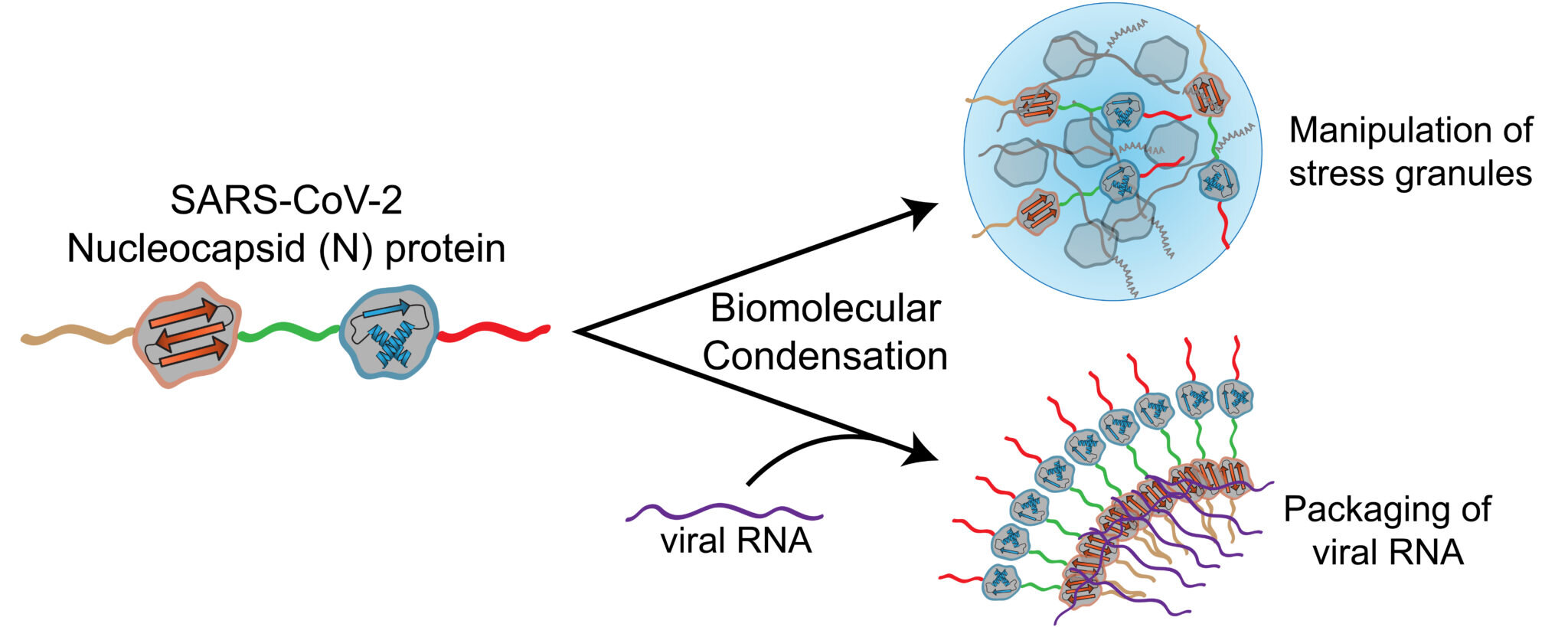
Tue, 2019/12/17
Protein Scaffolds Found to Play a Key Role in Repairing DNA Breaks
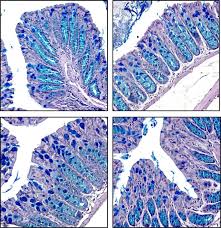
Wed, 2019/11/20
Key Protective Proteins Affect the Prognosis of Patients with Type 2 Diabetes Isolated Recently
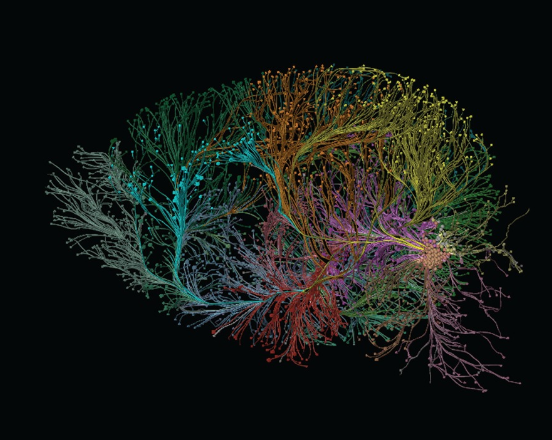
Wed, 2019/11/20
RGS4 Found to Maintain Chronic Pain Symptoms in Rodent Models
